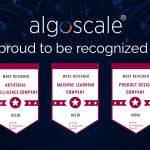The emergence of innovative technologies and advanced data integration strategies has brought together a miscellany of free-floating data points into an integrated and rational network. This has transformed all industries, including healthcare and pharmaceutical companies.
Data plays a significant role in both the healthcare and pharma industries. As per reports, by 2025, there would be approximately 175 zettabytes of data generated globally. A large portion of this data is produced by healthcare and pharma companies and is poorly managed. In fact, the World Economic Forum claims that 97% of the data generated by healthcare facilities sit idle. This data has the potential to modernize the healthcare industry.
In the healthcare sector, data can be used to generate meaningful data-driven insights and drive value-based healthcare models. On the other hand, access to quality data can help pharma companies drive value across their service ecosystem and provide aid to medical research and clinical trials.
In this blog, we will explore the benefits of data integration in the healthcare and pharma industries. We will understand how this technology can help to generate meaningful insights and directly improve patient outcomes.
Challenges of Data in Healthcare and Pharma
Following are the common data challenges faced by healthcare facilities and pharmaceutical companies:
- Ever-changing data: Data about the patients is changing continuously. Patients are moving, contracting new illnesses, consulting different professionals, or even passing away. There is also new data being generated every day that corresponds to new treatments and drugs. Therefore, keeping all data updated and neatly organized is a massive challenge for healthcare facilities.
- Fragmented data: Data in healthcare and pharma companies is gathered from multiple sources, resulting in fragmented data. Seamless extraction and integration of data can pose a serious challenge.
- Data security: It is important for every healthcare organization to protect the privacy of patients. Thus, all organizations must carefully adhere to data governance standards, maintain data quality, and ensure complete data security.
Data Integration in Healthcare
All the aforementioned data challenges can be addressed with data integration which combines data from multiple sources into an integrated dataset to enable better analytics and decision-making.
Data integration allows for the quick exchange of data across various departments in a healthcare institute. With data integration tools, even non-technical members can access and exchange data through a user-friendly and comprehensive interface. This facilitates data interoperability within an immensely fragmented healthcare ecosystem.
Additionally, data integration provides a unified view of patient data. Healthcare professionals can view all information integrated into a single dashboard that facilitates better decision-making. Also, it abides by privacy laws that guarantee complete confidentiality of patient data and protects it from illegal access and tampering.
Data Integration in Pharmaceutical Industry
Pharma companies have to deal with a massive amount of data generated from various sources, such as research projects, clinical studies, electronic health records of patients, post-marketing studies, insurance companies, and many more. All this data will seldom become information on its own. These vast amounts of data available in diverse formats must be combined, analyzed, and interpreted quickly in a way that produces actionable insights.
With successful data integration, all this data can be properly accessed and utilized to identify disease mechanisms and establish predictive models, fast-tracking drug discovery, and identify preventive approaches. It can enable the identification of prospective study participants and augment clinical trial designs, reducing their cost and length and generating more accurate results. It can also be used to find new applications for approved as well as failed compounds (drug repurposing).
Furthermore, all digital data can be leveraged to power effective marketing strategies. Pharma companies can gather insight into patient needs and use that information to develop highly targeted marketing messages and nurture long-term relationships.
Data Integration Use Cases in Healthcare and Pharma
As discussed above, data integration can eradicate data gaps and increase data access for every person, including medical practitioners, patients, third-party service providers, and healthcare staff. With an integrated view of patient information, healthcare facilities can boost outcomes in the following use cases:

- Crisis Response
The covid-19 pandemic underlined the need for universal data access. Healthcare facilities realized the need for having a high-level and unified view of their hospitals and other facilities that integrated data from multiple sources to take proactive measures. With data integration, these facilities can leverage data to create a single source of truth and drive better crisis-response decisions.
- Drug Discovery
Drug development is a complicated procedure that involves a lot of time, effort, and resources. With data integration, pharma companies can get access to valuable information from disparate sources and use it to advance their drug development research.
- Correct Diagnosis
Accurate diagnosis is critical to enhancing patient care and outcomes. However, statistics reveal that 40,000 to 80,000 people die in the US each year due to diagnostic errors. Reliable data integration can help healthcare facilities build integrated and comprehensive views of their patient’s details and deliver accurate and personalized treatment. Instead of only relying on their records, medical institutions can generate the correct medical history of every patient and avoid all costly data gaps.
- Improved Public Health Management
Data integration was immensely helpful in treating high-risk patients during the Covid-19 pandemic. Healthcare facilities were able to pinpoint patients whose medical histories put them at a higher risk of serious problems due to the virus, create predictive models, and have a more proactive approach to their treatment.
Explore the Power of Data Integration in Healthcare with Algoscale
Algoscale’s data integration approach enables users in healthcare and pharma companies to unify and utilize sensitive and confidential patient data with confidence. We help our customers connect all the data from disparate sources into an integrated and compliant dataset, creating a single source of truth.
Our Data Integration and Data Pipeline solutions let you organize your data and view it collectively. This not only aids clinical trials and research but also enhances patient outcomes. Our intuitive dashboards make it easy for even non-technical users to conduct data integration activities and drive interoperability and seamless data exchanges without any technical assistance.












